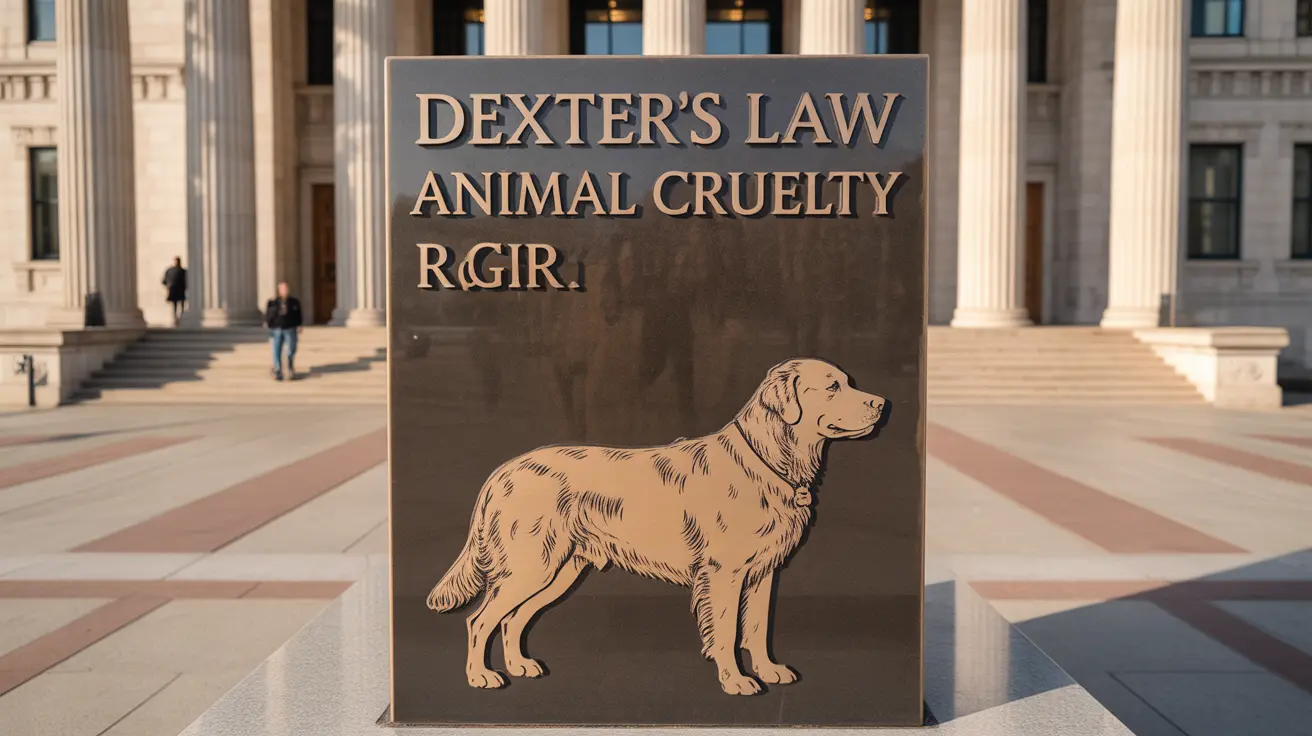The Largest Domestic Cat Breeds: A Guide to Big Feline Companions
Some cats just stand out in a crowd—not for their color or their antics, but for sheer size. If you've ever wondered which domestic cats can tip the scales or stretch across your lap with room to spare, you're in the right place. Let's explore the biggest breeds that bring a little extra heft (and often a lot of heart) into homes.
Maine Coon: The Gentle Giant
The Maine Coon is often crowned as the largest non-hybrid domestic cat. Males regularly weigh between 18 and 25 pounds and can reach over three feet in length from nose to tail. These cats are known for their friendly and laid-back personalities—think of them as easygoing roommates who just happen to need a bigger chair. Because of their size, Maine Coons benefit from sturdy cat trees and larger litter boxes. They're also prone to joint issues; regular vet visits and careful weight management help keep them comfortable.
Savannah Cat: The Exotic Hybrid
The Savannah cat is a hybrid breed created by crossing a domestic cat with an African Serval. Early generations (F1 and F2) are especially large and tall—some individuals weigh up to 25 pounds and stand more than 17 inches at the shoulder. Later generations tend to be closer to standard housecat size. Savannahs are energetic, intelligent, and athletic; they need secure spaces and plenty of enrichment to stay happy.
Norwegian Forest Cat: The Rugged Climber
With weights ranging from 12 to 16 pounds, the Norwegian Forest Cat is another substantial breed. Its thick, water-repellent coat and muscular build hint at its origins in cold climates. These cats love to climb—supportive furniture is a must if you want your shelves safe from exploration.
Ragdoll: The Relaxed Companion
Ragdolls are famous for their docile nature and tendency to go limp when picked up (hence the name). They have muscular frames that usually weigh between 10 and 20 pounds. Ragdolls take up to four years to reach full size. Their laid-back demeanor can lead them toward weight gain if not monitored; regular playtime helps keep them trim.
RagaMuffin: Plush and Adaptable
The RagaMuffin, closely related to the Ragdoll, often reaches similar sizes—adults commonly weigh between 10 and 20 pounds. These cats have long plush coats and can take up to four years to mature fully. They're adaptable and intelligent pets that thrive on proper nutrition and exercise.
Siberian: Hardy Yet Hypoallergenic
The Siberian cat, originally from Russia, typically weighs between 10 and 20 pounds. It sports a triple-layered semi-long coat built for harsh weather yet is considered more hypoallergenic than many other breeds. Siberians mature slowly—sometimes taking five years—and are playful as well as intelligent.
Bengal: Athletic with Wild Looks
The Bengal stands out for its spotted or marbled coat reminiscent of wild leopards. Weighing in at around 10 to 18 pounds, Bengals are highly energetic felines that crave vertical space and mental stimulation (think puzzle feeders or climbing towers).
American Bobtail: Muscular with Personality
American Bobtails have short "bobbed" tails paired with strong bodies; adults usually weigh between 7 and 16 pounds. They're playful and affectionate—a good fit for active households—but may be prone to spine or hip issues if allowed to become overweight.
British Shorthair: Calm Strength
The British Shorthair, known for its plush blue-gray coat and calm temperament, weighs between 7 and 17 pounds on average. Their robust build means they may lean toward inactivity; interactive toys help keep them moving.
Turkish Van: Water-Loving Athlete
The Turkish Van, weighing from 10 to 20 pounds, is notable for its semi-long white-and-colored coat—and its fondness for water! Energetic by nature, these cats need climbing structures or play opportunities daily.
Chausie: Wild Appearance Meets Domestic Life
The Chausie, developed through hybridization with jungle cats, averages fifteen to twenty pounds in adulthood. They’re active, intelligent animals that require attentive care (and lots of engagement).
Chartreux: Muscular French Blue
This French breed boasts a blue-gray coat with a sturdy body weighing between seven and seventeen pounds. Chartreux cats are gentle companions who rarely make much noise but always make an impression with their broad faces.
The Highlander & Other Notable Large Cats
The Highlander, though not formally recognized everywhere yet, sometimes tips the scale at up to twenty-four pounds! Non-pedigree "moggies" can also reach impressive sizes depending on ancestry—variety abounds among big housecats.
- Maine Coon: Up to 25 lbs+
- Savannah (F1/F2): Up to 25 lbs
- Norwegian Forest Cat: Up to 16 lbs
- Siberian/Ragdoll/RagaMuffin/Turkish Van/Chausie: Upwards of 15–20 lbs
- Bengal/British Shorthair/American Bobtail/Chartreux/Highlander: Above-average size possible depending on individual genetics/li>
Caring for Large Breeds
Bigger cats need bigger accommodations—oversized litter boxes, robust scratching posts or trees that won't tip over under their weight, plus proper nutrition tailored toward preventing obesity or joint stress. Regular veterinary checkups catch potential health issues early (especially those related to joints or excess weight). Genetics play a role in some health risks but proactive management goes a long way toward ensuring these gentle giants live long happy lives.





